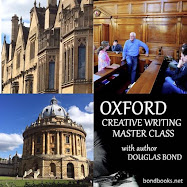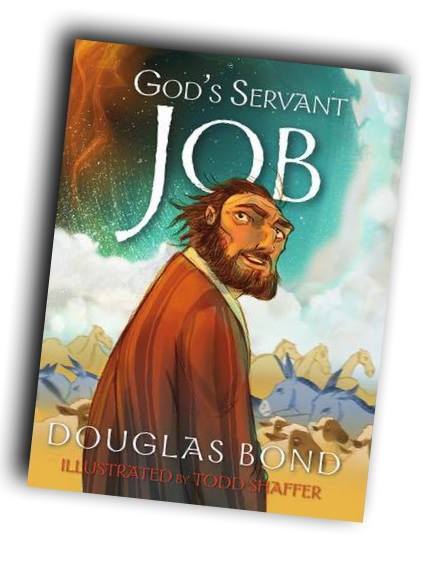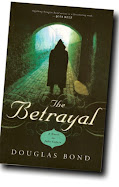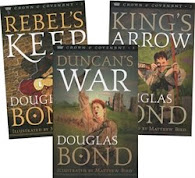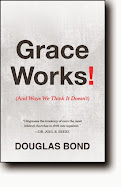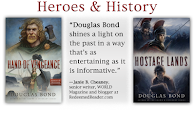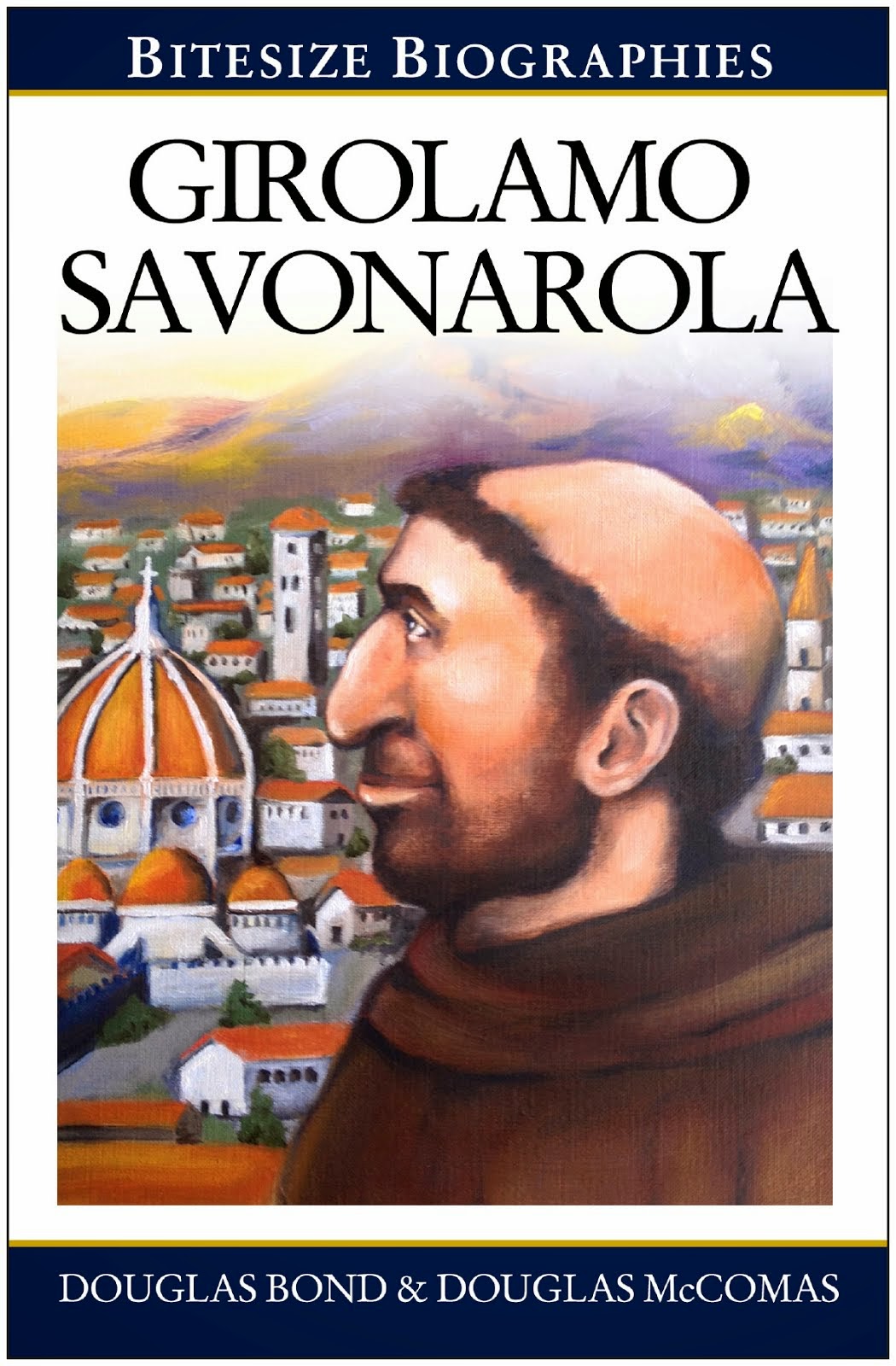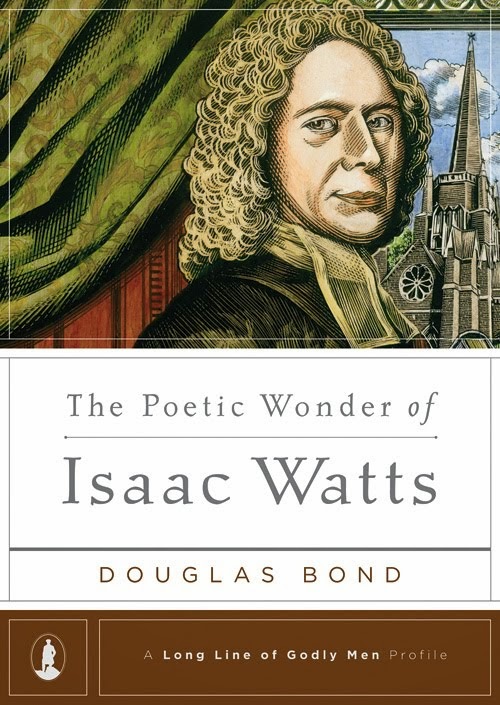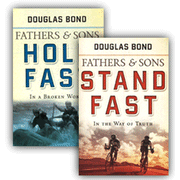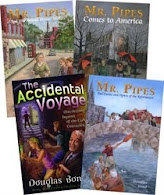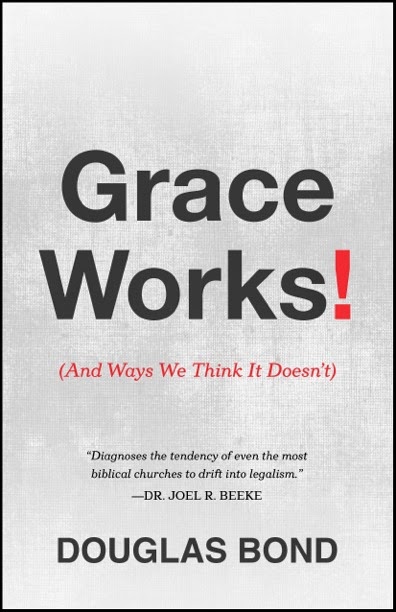In some of my English classes right now, we're sorting through the question of what makes a poem a carol. Do any of these qualify as Christmas carols? "Rudolf the red-nosed reindeer," "I'm dreaming of a white Christmas," "Frosty the snowman"? Most of us would agree that these represent more of the residual fluff that has emerged to pad the season with a sort of vague wintery charm, but they're not carols.
How about Longfellow's poem written in 1864, "I heard the bells on Christmas Day"; does it qualify as a Christmas carol? Hate is still tragically strong and does indeed mock the song of peace on earth good-will to men, as we have so painfully been reminded of late. But is it really a Christmas--Christ worship--carol? Determined not to be a cynic, though the cannons of the Civil War were nearly drowning out the chimes of the Christmas bells, Longfellow takes a significant leap between the last two stanzas of his carol, and concludes, “God is not dead, nor doth He sleep; The wrong shall fail, the right prevail ...”
But how did he get to that conclusion? I think a genuine Christmas Carol, a hymn in praise of Jesus' coming into the world as a baby for the sole purpose, "...to save his people from their sins," fills in the gap between Longfellow's deep despair expressed in the second-to-last stanza of his poem, and his final inexplicable confidence that the right will somehow prevail over the wrong expressed in the last stanza. But what or rather Who bridges the gap between the despair and the hope? Answer with the gospel of grace alone in Christ Jesus alone and you have the material for a true Christmas carol.
With a measure of trepidation (carols are some of the church's most endearing hymns), I offer a new Christmas carol. Whether or not this effort of mine qualifies as a true Christmas carol is up to others to decide, but here it is (still awaiting a John Baptiste Calkin to come along and set it to a wonderful tune, as Calkin did to Longfellow's). Here's my challenge deal: a free copy of my new novel on John Knox,
THE THUNDER, to the best composition for my Christmas carol (other royalty compensation may apply).
What wonder filled the starry night
When Jesus came with heralds bright!
I marvel at His lowly birth,
That God for sinners stooped to earth.
His splendor laid aside for me,
While angels hailed His Deity,
And shepherds on their knees in fright
Fell down in wonder at the sight.
The child who is the Way, the Truth,
Who pleased His Father in His youth,
Through all His days the Law obeyed,
Yet for its curse His life He paid.
What drops of grief fell on the site
Where Jesus wrestled through the night,
Then for transgressions not His own,
He bore my cross and guilt alone.
What glorious Life arose that day
When Jesus took death’s sting away!
His children raised to life and light,
To serve Him by His grace and might.
One day the angel hosts will sing,
“Triumphant Jesus, King of kings!”
Eternal praise we’ll shout to Him
When Christ in splendor comes again!
Douglas Bond (December 16, 2010)










